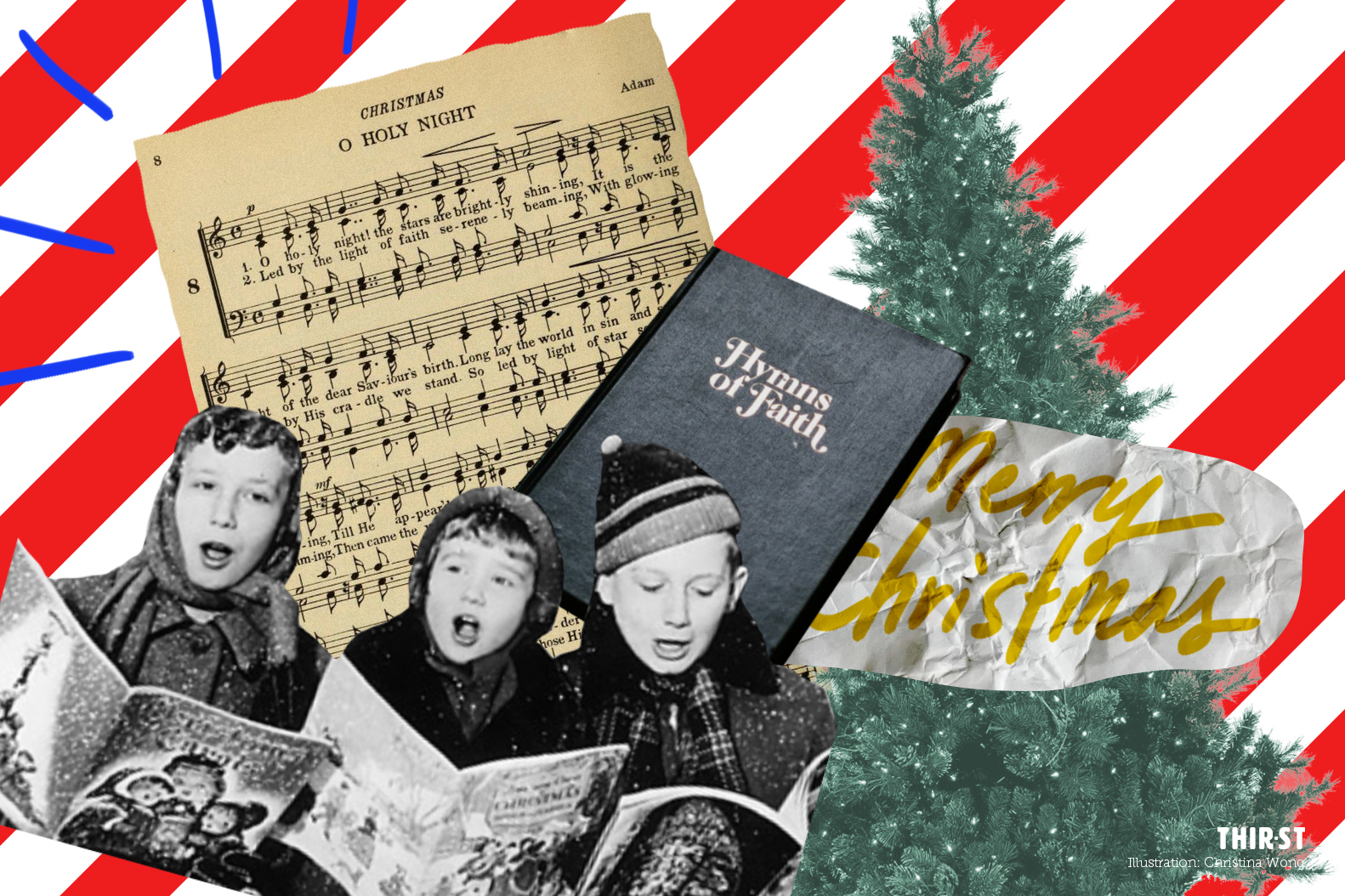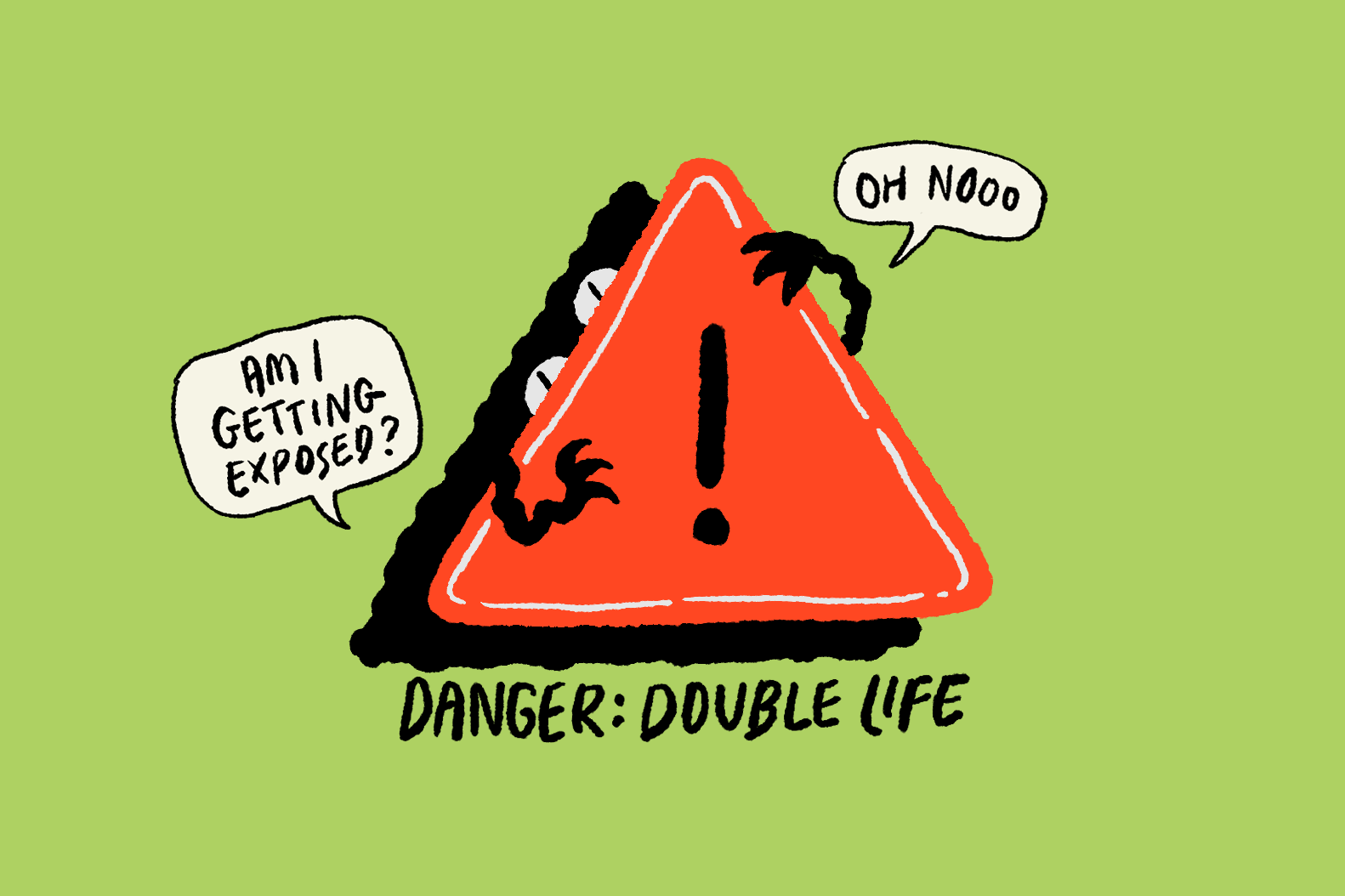Do you have a favourite Christmas carol?
In medieval times, the word “carol” referred to a circle dance accompanied with singing.
According to this BBC article, it wasn’t until AD129 that early Christians began appropriating carols for use at Christmastime, when a Roman bishop decreed that a carol called Angel’s Hymn should be sung at Christmas services in Rome.
Since then, many carols tell the story of the birth of Jesus Christ. After all, His is the story of Christmas.
In the spirit of the season, let’s dash through 300 years of history behind some of our most well-loved carols, beginning in old Jerusalem.
MARY, DID YOU KNOW?
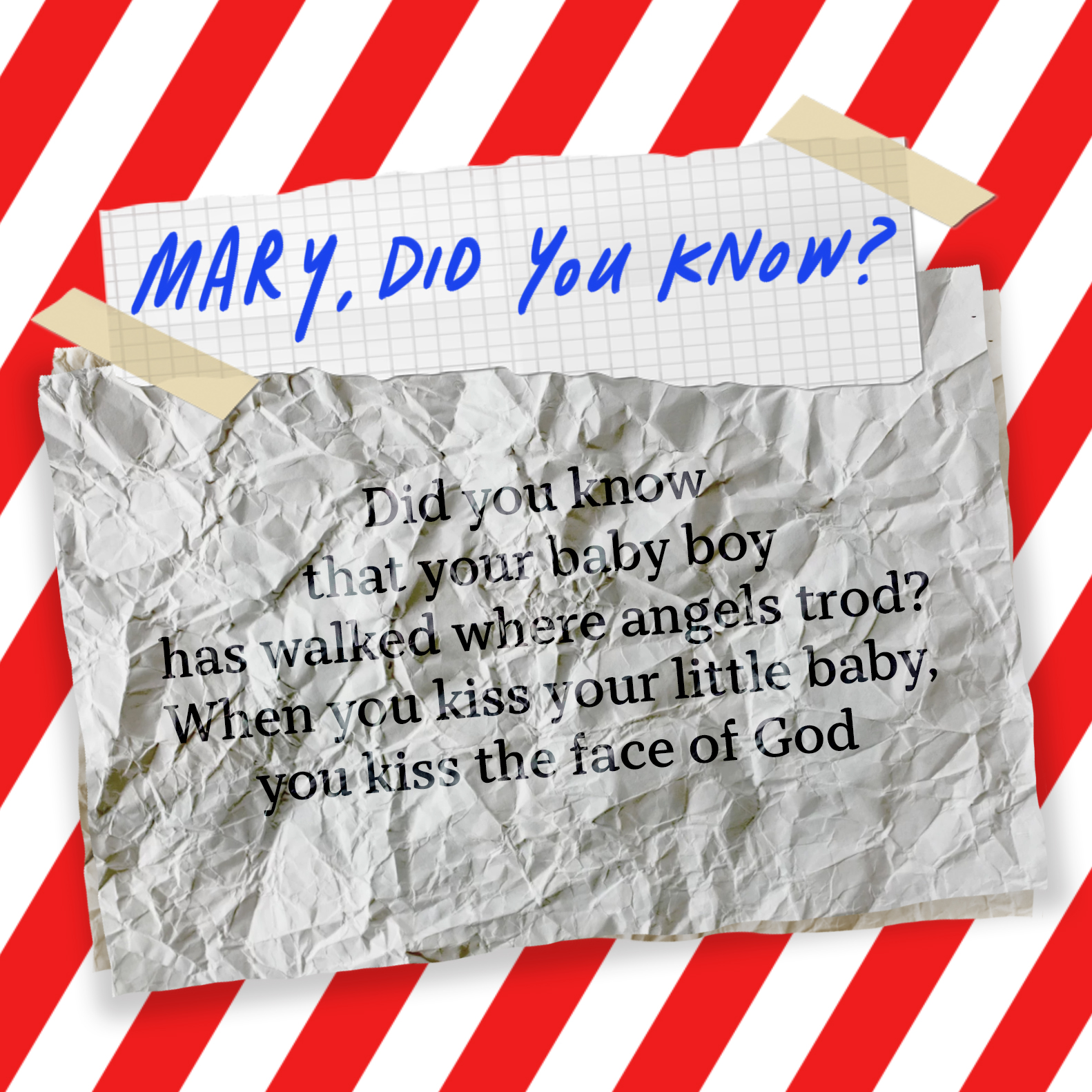
We know that Mary, the mother of Jesus, knew enough to obey God’s call to raise this unique child. But we can also imagine how much she didn’t know.
In an interview to AbsolutelyGospel, songwriter Mark Lowry revealed that he thought of questions he would ask Mary if he could sit down for coffee with her.
He wrote the song in 1984 after thinking of those questions: “I just tried to put into words the unfathomable… You know, ‘What was it like raising God?’ ‘What did you know?’ ‘What didn’t you know?'”
So what do we know from Scripture?
The Gospel of Luke records how the angel Gabriel met Mary, who was a virgin, with incredible news: “You will conceive and give birth to a son, and you are to call him Jesus. He will be great and will be called the Son of the Most High” (Luke 1:31-32).
Mary certainly connected the dots – between what the angel told her and what was prophesied in the Old Testament – but the journey was still hers to take. She would have to watch her Messiah take on flesh and blood as her baby boy, and then 33.5 years later, watch Him take the lonely road to the Cross.
Yet Mary replied: “I am the Lord’s servant… May your word to me be fulfilled.” (Luke 1:38)
O HOLY NIGHT
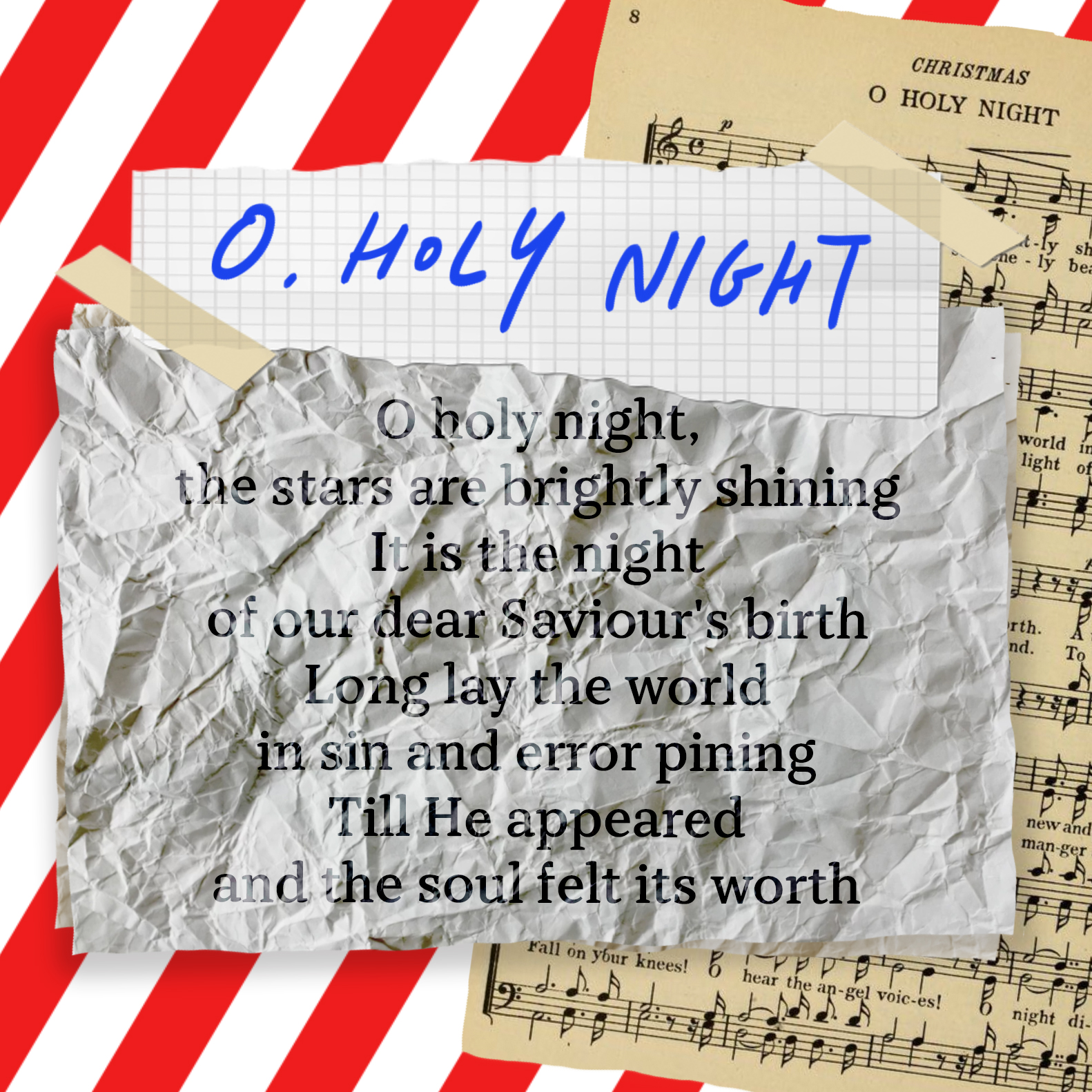
Did you know that this carol was originally commissioned in 1847 by the priest of a little French town as a special poem for a Christmas mass?
Writer Grant Nixon offers great insight into the historical background of one of the most popular carols in the world, O Holy Night. The said priest approached a poet (who was also a wine merchant) and commissioned a poem that depicted the story of Jesus coming into the world.
The poet, Placcide Cappeau, read the gospel of Luke on a coach ride to the French capital, and by the journey’s end had finished penning the words to the song we’re still singing today.
On the holy night when Christ was born, God came to dwell among men.
Then in 1906, on Christmas Eve, O Holy Night became the first piece of music to be transmitted via radio waves. The telegraphers on the ships of the US Navy were expecting to receive Morse code, but instead heard a human voice – a first in history.
On this very first broadcast with voice and music, Canadian radio pioneer Reginald Fessenden (who had studied under Thomas Edison) picked up his violin and sang O Holy Night, before reading a passage from the Bible about the birth of Jesus.
Hundreds of years ago, the prophet Isaiah had foretold this day.
“Therefore the Lord himself will give you a sign: The virgin will conceive and give birth to a son, and will call him Immanuel.” (Isaiah 7:14)
In Hebrew, Immanuel (or Emmanuel) means “God with us”. On the holy night when Christ was born, God came to dwell among men. When celebrated in remembrance of Jesus’s birth, Christmas is a reminder of God’s fulfilled promise to us
HARK! THE HERALD ANGELS SING
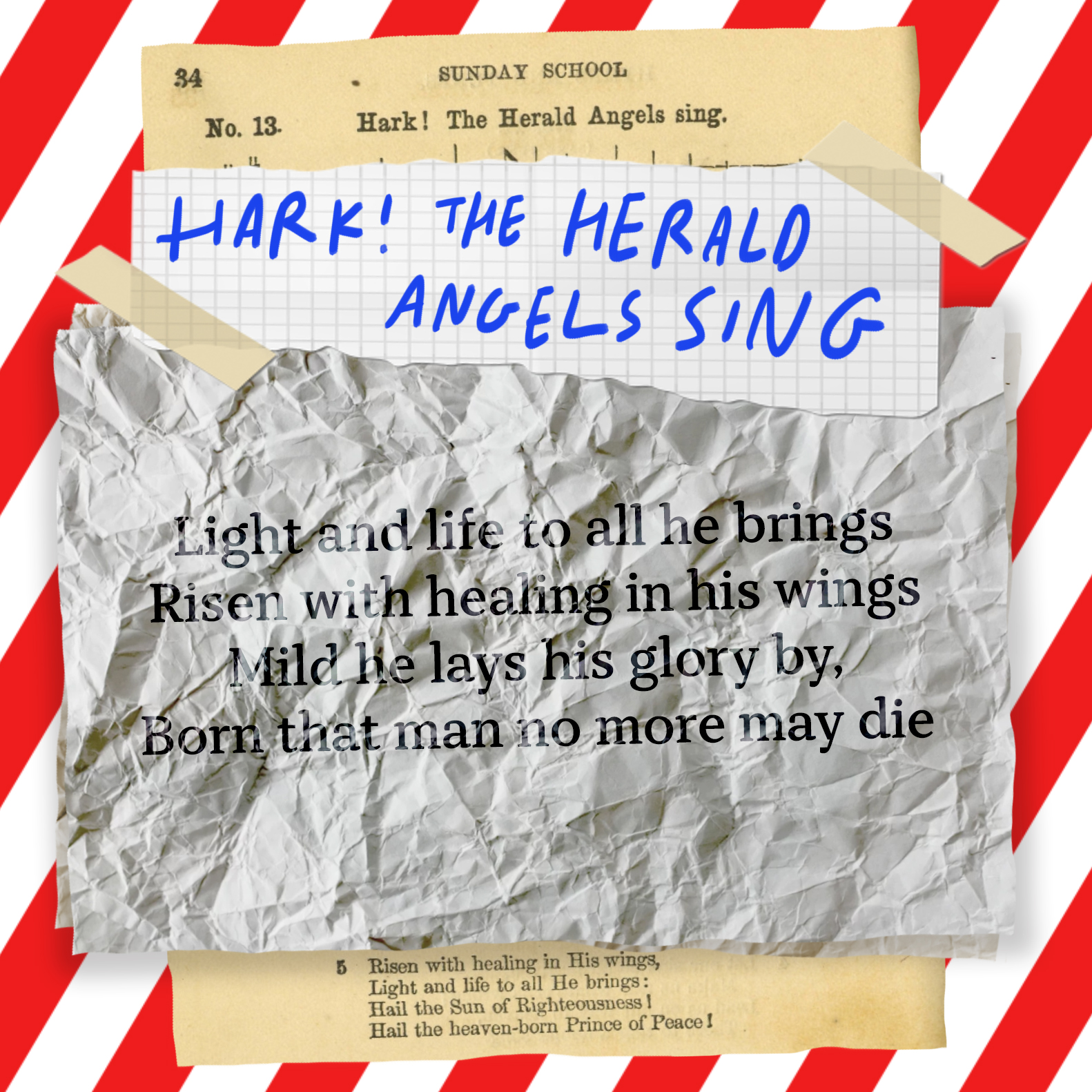
A man by the name of Charles Wesley (brother to famed theologian and founder of Methodist movement, John Wesley) gave us the original words to Hark! The Herald Angels Sing.
The version we’re acquainted with today has had several changes made to it since it was written in 1738. Later in 1856, the music to the hymn was appropriated from the second part of Gutenberg Cantata, Felix Mendelssohn’s tribute to Johannes Gutenberg who founded the printing press.
Wesley, a prolific hymn writer, believed that good hymns should be built on sound doctrine. A good hymn should then point people to Jesus, our Saviour, and what He came to accomplish.
For that reason, Hark! The Herald Angels Sing is a carol that has the Gospel packed into it.
JOY TO THE WORLD
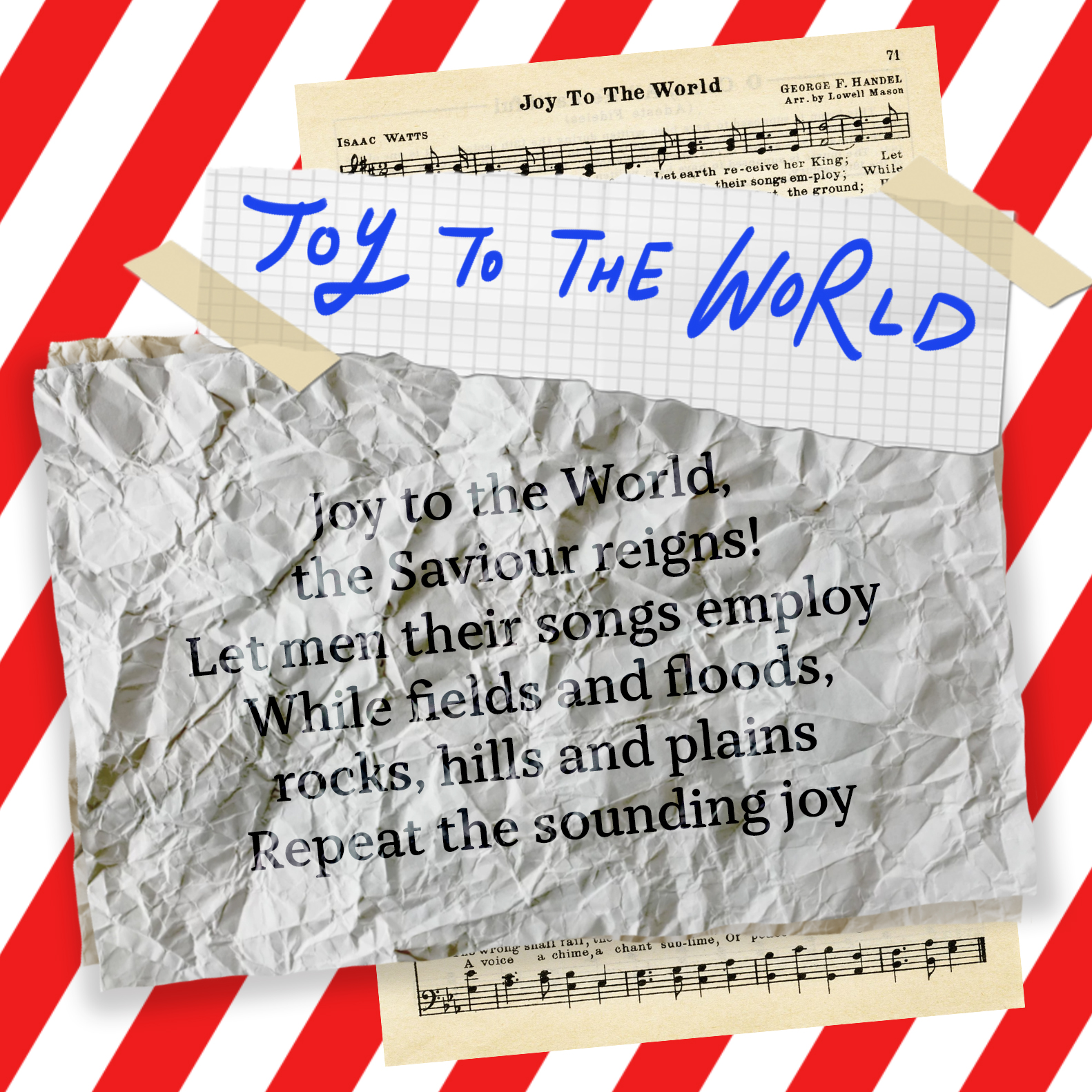
First published in a 1719 hymnal, we have Isaac Watts to thank for giving us the words to what is perhaps the most well-known Christmas carol: Joy to the World.
Watts was an English minister and writer who had a gripe with the lack of joy and emotion among congregants in worship services. After Watt complained to his father about this issue, Watt Sr. was said to have told him that if he “struggled with the songs they sang, then he ought to do something about it.”
And he did. Joy to the World was inspired by the 98th psalm in the Bible. The version we’re familiar with today is actually the second half of Watt’s poem, set to music.
It’s one of the more unusual carols because it doesn’t focus on the birth of Christ. Instead it focuses on Christ’s second coming which hasn’t yet happened.
This famous Christmas carol points us to a reality that we await: A day when strivings will cease, when every tear will be wiped from our eyes. When there will be no more death or mourning or crying or pain, and God will make everything new.
What a day that will be. But even as we wait, we wait with hope because even in the here and now, God is with us.
A blessed and merry Christmas from us, to you.


